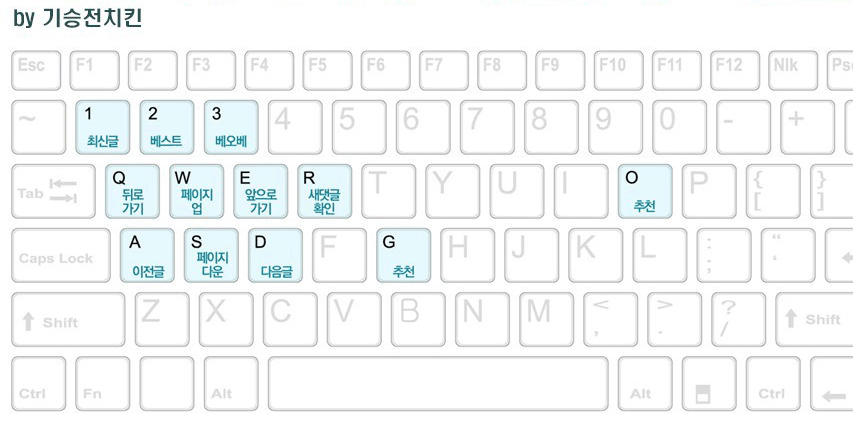한국도 태국도 케냐도 부패에 너그러운 유권자들
지난 몇 달간 남아공부터 한국, 케냐, 태국 등 많은 개발도상국이 선거를 치렀다. 모든 선거에서 한 가지 놀라운 공통점이 나타났다. 지지율 1위를 달리는 후보가 부정부패 시비에 시달렸다는 점, 그리고 그럼에도 불구하고 유권자들은 그 후보를 당선시켰다는 점이다.
아슬아슬한 승부도 아니었다. 한국의 이명박 당선인은 여당의 대통령 후보를 20% 이상 격차로 완파했다. 주가조작 등의 의혹이 불거졌는데도 말이다. 태국에서는 부정부패와 권력남용 혐의로 군부가 쫓아낸 탁신 친나왓 전 총리가 이끄는 정당이 총선에서 압승을 거뒀다. 그는 망명지였던 런던에서 선거 유세를 지휘했다.
남아공의 제이콥 주마는 타보 음베키 대통령을 물리치고 ......
Why Voters From Kenya to Korea Embrace The Accused
NEWSWEEK
In the last few months, developing countries from South Africa to South Korea and from Kenya to Thailand held open elections. And an alarming trend ran through them all: the favorites were dogged by corruption charges—yet voters picked them anyway.
The winners didn't just squeak by. Last month, South Korea's Lee Myung Bak crushed the ruling-party candidate by more than 20 percent, despite allegations of stock manipulation against him. A proxy party for Thailand's former prime minister Thaksin Shinawatra also won big, even though Thaksin had to campaign from exile in London, having been overthrown by the military and charged with using his office for sweetheart deals. And South Africa's Jacob Zuma beat Thabo Mbeki for the leadership of the African National Congress, making him heir apparent for the presidency—despite claims he'd pocketed $170,000 from a French arms maker (he's since been formally indicted). In each case, the loser's record was cleaner. Yet it didn't help.
There are several reasons voters embraced the accused. Thaksin, for example, is seen as a democratic champion of the poor, who dismiss his charges as cooked up by the junta. Still, this string of victories came in a year that, according to Transparency International (TI), was corruption's worst on record. In Asia, for example, 22 percent of those polled reported having had to pay a bribe in the past 12 months, up from 15 percent in 2006. In Africa the figure was 46 percent.
Many voters sensed this turn: TI reports that as incidents of corruption grew more common, so did expectations of it. Worldwide, 54 percent now expect corruption to increase in the future, up from 43 percent in 2003. That figure is 47 percent in South Korea, 66 percent in Thailand and 67 percent in South Africa. Overall, only one in five respondents thinks things will improve. How do these numbers connect to the elections? One disturbing possibility is that graft and bribery are now so common in developing nations that voters suspect all candidates are tainted, which neutralizes corruption as an election issue. But such cynicism is dangerous: while a few countries like Bangladesh or China have managed to boom despite serious corruption, it has held back many other states, choking business and deterring investment. Yet voters continue to look the other way. The next big test: Taiwan, where Ma Ying-Jeou is challenging the ruling party's Frank Hsieh. Both have been accused of corruption, though the charges against Hsieh seem more likely to stick. Which means, if recent history is any guide, he's where the smart money is betting.
—Jonathan Tepperman
며칠 전에 미국 잡지 뉴스위크를 보면서 영어공부 하다가 이 기사보고 정말 부끄러웠습니다.
한국이나 남아공, 케냐, 태국에서 모두 부패로 얼룩진 사람이 대통령직에 당선되었다는 기사인데요.
첫 문장부터 한국까지 싸잡아 개도국이라는 소리를 하니 기분도 나빴지만
부패한 후보자나 뽑으니 개도국이라는 소리겠지요. 혼자서 얼마나 부끄러웠던지..
댓글 분란 또는 분쟁 때문에 전체 댓글이 블라인드 처리되었습니다.













